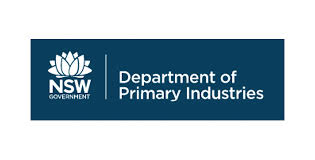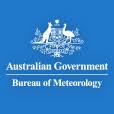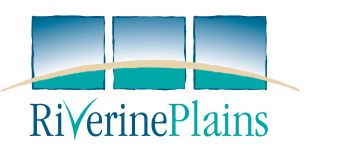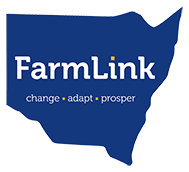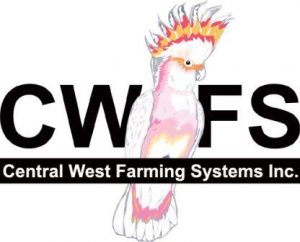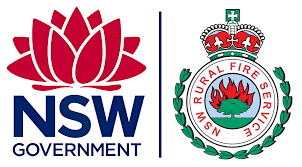Robust Weather Stations
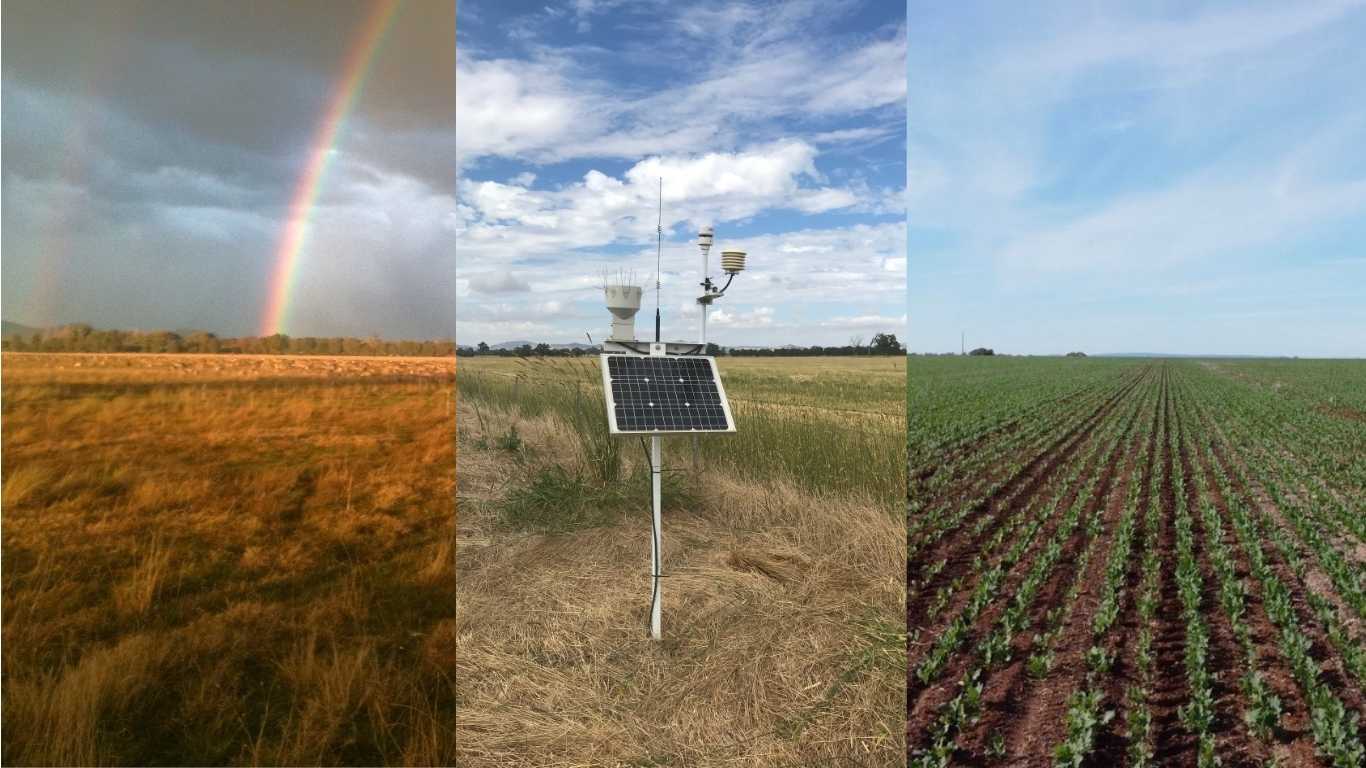
All of Australia’s 3G networks will shutdown by 30 June 2024, which means we need to upgrade our stations over the coming months if we want to keep them going. This will come at a significant cost, and we are currently exploring ways to pay for this. If you use our weather stations (and/or soil moisture probes), we’d appreciate if you can spare us 2 minutes to answer 5 simple questions about how you use them and how much you value them.
Click the survey link: https://www.surveymonkey.com/r/WTV8PXR.
Project Deliverables
The project will investigate how an integrated network of 80 on-farm weather stations across Central and Southern NSW and Northern Victoria can better support the community, emergency services and members of the farming community in bushfire and flood management. Currently, emergency services are reliant on Bureau of Meteorology Weather Stations which can be located up to 200km apart and do not provide local climate information when fires start. On-farm weather stations have the potential to fill in gaps where there is no alternative weather information.
Project Overview
The Robust Weather Stations project aims to consolidate five existing weather station and moisture probe networks in southern Australia into a unified, standardized platform.
This initiative, managed by farming system groups, seeks to enhance disaster planning by providing localised climatic information on factors, such as fires and floods. In response to climate change, the project addresses higher temperatures, rapid fuel drying, and increased fire risk.
The network’s comprehensive data, including temperature, wind speed, humidity, and soil moisture, complements Bureau of Meteorology information, offering more localised insights for emergency services and communities. The initiative also addresses the rising risk of heavy rainfall events.
The standardised platform is expected to empower farmers, emergency services, and government entities to better prepare for disasters and climate change in Central and southern New South Wales and Victoria.
Project activities encompass an audit, data validation, implementing sharing agreements, standardisation, and a feasibility study, with the goal of fostering collaboration between government and private industry to overcome data-sharing barriers.
The project emphasises community awareness and utilisation of data for effective disaster management, aligning with the Disaster Risk Reduction Framework.
Project Funding
Project Funder: The Australian Government through the Preparing Australian Communities Program
Project Lead Organisation/Researcher: Riverine Plains
Project Duration: 2022-2024

